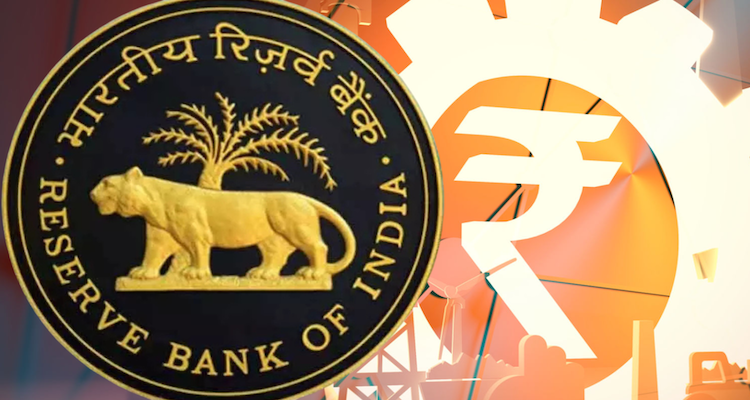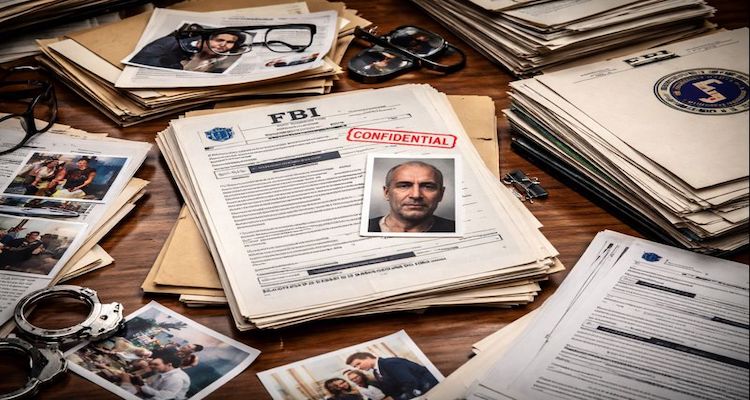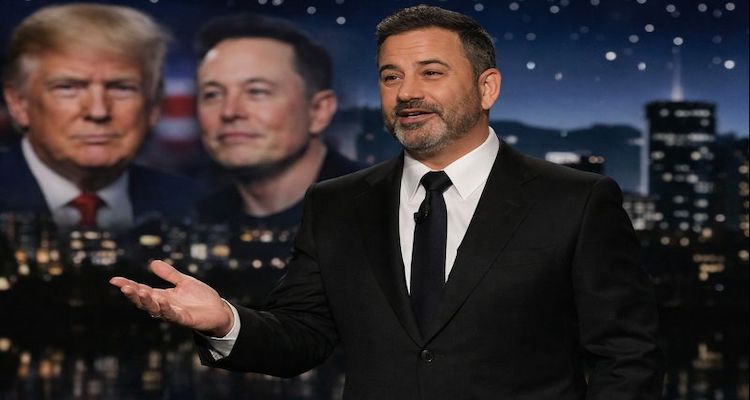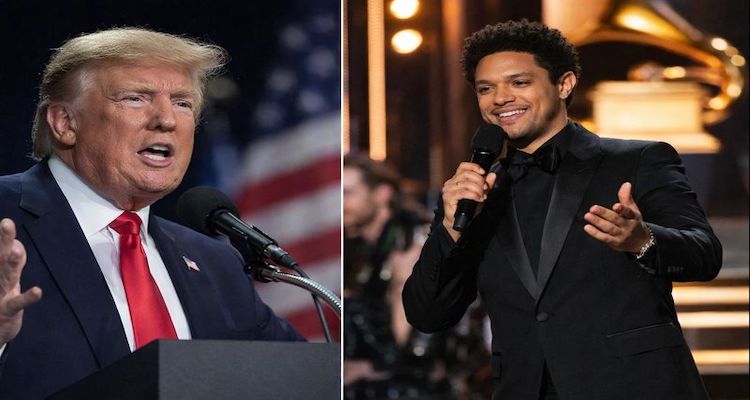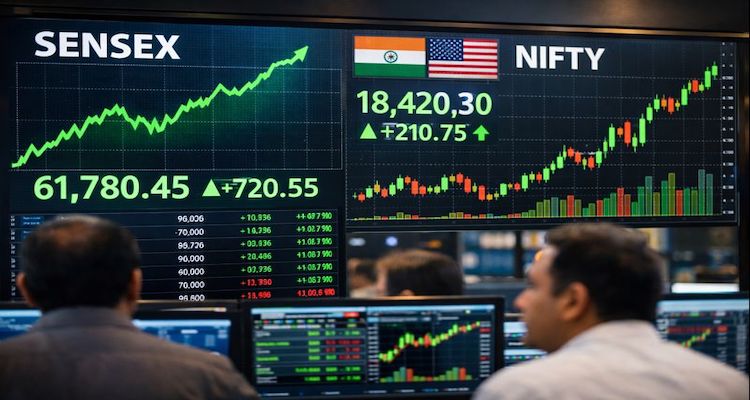The Games That Were Banned but Still Influence Us Today

Explore how banned games like Animal Crossing, Pokémon, and DOOM continue to shape modern gaming and culture despite censorship. Discover their impact, controversies, and ongoing legacy.
Introduction: Forbidden Yet Unforgotten
Picture this: a new game emerges, ignites global excitement, but is swiftly pulled from the shelves—its existence condemned by governments or societies for being too violent, too controversial, too subversive. History is peppered with such banned games, yet many continue to shape our cultural landscape and digital lives long after they’ve been outlawed. How have games once deemed unacceptable managed to cast such a lasting shadow over the industry and its fans?
Context & Background: Why Do Games Get Banned?
Video games have walked a controversial path since their inception, frequently landing in the crosshairs of censors, lawmakers, and advocacy groups. Reasons for bans range from political sensitivities—as seen in China and India’s restrictions on games touching on sovereignty—to concerns over violence, explicit content, gambling, or imagery considered offensive to local culture or religion.worldpopulationreview+2
-
In Brazil, hyper-violent shooters like DOOM and Counter-Strike faced outright bans for their “cruelty and violence,” while Pakistan outlawed several titles for portraying the country as unstable.imdb+1
-
Middle Eastern countries have often taken issue with games they perceive as threatening religious values; for example, Pokémon was banned in Saudi Arabia for supposedly promoting “un-Islamic symbols,” gambling, and Zionism.listverse
-
Even innocuous games have been targeted: Animal Crossing: New Horizons was banned in China after players used it to circulate pro-democracy messages.mezha+1
The recurrent question: Does suppressing a controversial game erase its influence—or does its legacy only grow in the shadows?
Main Developments: The Banned Games That Shaped Us
Time and again, “banned” has failed to mean “forgotten.” In many cases, bans only fueled curiosity, elevated cult status, and sparked debate about freedom of expression within the gaming industry.
Classic Cases of Banned Influence
-
DOOM & Wolfenstein 3D: Among the earliest and most influential first-person shooters, these titles were banned or heavily censored in Germany and Brazil in the 1990s due to graphic violence and Nazi symbolism. Nevertheless, their gameplay mechanics and modding communities sparked entire genres and continue to inspire developers globally.worldpopulationreview+1
-
Pokémon Franchise: Despite bans in Saudi Arabia and restrictions elsewhere over claims of promoting gambling or containing undesirable symbolism, Pokémon’s mix of collectibility and exploration has shaped mobile gaming, inspired augmented reality (AR) classics like Pokémon Go, and deeply influenced pop culture.youtubeimdb+1
-
Grand Theft Auto Series: Often banned or censored for violence and criminal themes (notably in Thailand), GTA has nonetheless dictated how open-world games are designed and consumed, pushing narrative and gameplay possibilities to their extremes.imdb
-
PUBG Mobile: A global sensation until its ban in India over data privacy and security. Its influence endures through countless “battle royale” clones and the reinstatement of Indian-adapted versions—demonstrating that player demand often outlasts censorship measures.reddit+1
-
Animal Crossing: New Horizons: Banned in China not for violence, but for the creative freedom players wielded to protest. The title showcases how games can become vessels for real-world activism—and how banning can propel a game to worldwide notoriety.listverse+1
Expert Insight & Public Reaction: More Than Entertainment
Experts emphasize that the banning of games typically sheds light on underlying societal tensions and the evolving role of digital spaces:
“Strategic violent virtual games are known to cause problems in young impressionable minds … but at the same time, outright bans rarely prevent determined players from accessing them,” says Dr. Sameer Malhotra, a leading Indian mental health expert. He warns of negative impacts while acknowledging the futility of bans in the age of VPNs and gray markets.telanganatoday
From the public’s perspective, backlash against bans is often swift and vocal. Players and creators alike decry censorship as an infringement on creative expression, with industry organizations like the IGDA warning that “such censorship disproportionately affects queer, trans individuals, and people of color, additionally harming a creator’s financial stability and reputation”.wired+1
Online communities spring up in solidarity, sharing banned games, pursuing “gray market” imports, and even using the censorship as a rallying cry for digital rights.
Impact & Implications: The Lasting Legacy of Banned Games
These titles leave an indelible mark, both on next-generation game design and on wider pop culture:
-
Gameplay Innovations: Titles like DOOM and Pokémon introduced mechanics now ubiquitous across genres. Their bans did not prevent their core ideas from permeating future titles.
-
Reshaping Regulations: Major censorship controversies spurred efforts like ESRB and PEGI ratings in the West—systems intended to inform consumers rather than outright prohibit.
-
Ongoing Activism & “Gray Markets”: Banned games often become more desirable, with digital bans proving increasingly porous. Communities use VPNs, mods, and alternative platforms to access or re-create what’s forbidden.mezha
-
Cultural Debate: The discussion about what should or shouldn’t be banned is a mirror reflecting societal anxieties—about youth culture, violence, sexuality, or politics.reddit+1
For many, suppressed games acquire mythic status, influencing creators, critics, and players alike.
Conclusion: Banned, But Never Erased
Banned games sit at the intersection of artistic expression, regulatory boundaries, and cultural change. While governments and platforms may continue to enforce prohibitions, history shows that the ideas and mechanics behind these games rarely disappear—they slip through cracks, infiltrate new creations, and continue to challenge the world’s boundaries.
At its core, the saga of banned games is about more than digital entertainment; it’s about the ongoing negotiation between control and creativity, security and speech. And as long as there are games to play, there will be stories about those once forbidden—and the ways their influence endures.
Disclaimer: This article is for informational purposes only and reflects the historical and cultural influences of banned video games. It does not endorse or promote the illegal acquisition, distribution, or play of banned content.


